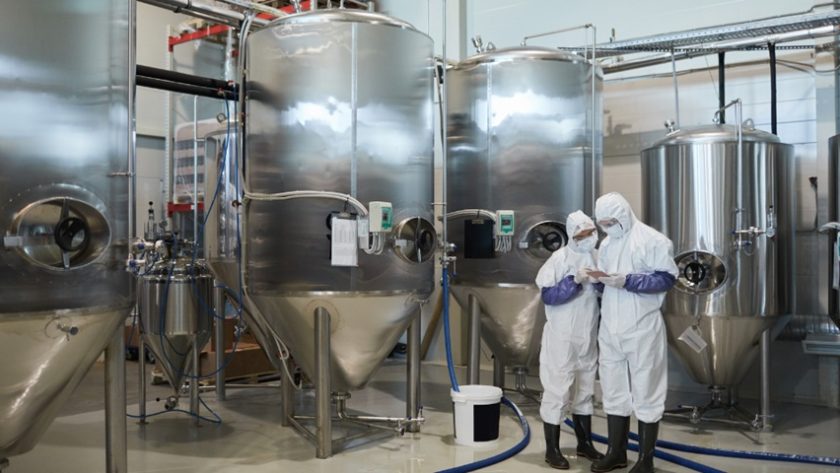In the world of industrial process development, pilot plants play a crucial role in bridging the gap between laboratory research and full-scale production. These intermediate-scale facilities serve as a testing ground for new technologies, processes, and products, allowing companies to refine their operations before committing to large-scale investments.
What is a Pilot Plant?
A pilot plant is a small-scale version of a full-sized industrial plant designed to test and optimize production processes. It serves as a vital step in scaling up laboratory discoveries to commercial manufacturing. By simulating real-world conditions, pilot plants help identify potential issues, assess economic viability, and fine-tune processes before full-scale implementation.
The Importance of Pilot Plants in Process Development
Risk Mitigation
One of the primary benefits of pilot plants is their ability to mitigate risks associated with scaling up new processes. By testing at an intermediate scale, companies can identify and address potential issues before investing in full-scale production facilities. This approach helps prevent costly mistakes and reduces the likelihood of project failures.
Process Optimization
Pilot plants provide an ideal environment for optimizing production processes. Engineers can experiment with different parameters, such as temperature, pressure, and flow rates, to determine the most efficient operating conditions. This optimization can lead to significant improvements in product quality, yield, and overall process efficiency.
Data Collection and Analysis
Operating a pilot plant generates valuable data that can be used to refine process models and improve predictive capabilities. This information is crucial for making informed decisions about full-scale production design and operation. The data collected from pilot plants often forms the basis for detailed engineering studies and economic assessments.
Challenges in Pilot Plant Operations
While pilot plants offer numerous benefits, they also come with their own set of challenges:
- Scale-up Issues: Processes that work well at a small scale may not always translate directly to larger operations. Engineers must carefully consider scaling factors and potential limitations.
- Cost Considerations: Building and operating a pilot plant requires significant investment. Companies must balance the potential benefits against the costs involved.
- Time Constraints: Pilot plant studies can be time-consuming, potentially delaying product launches or process improvements.
Innovations in Pilot Plant Technology
Recent advancements in automation, data analytics, and modular design have revolutionized pilot plant operations. These innovations have made pilot plants more flexible, efficient, and cost-effective, further enhancing their value in process development.
Exploring the pros and cons of pilot plant production can provide deeper insights into their applications across various industries.
The Future of Pilot Plants
As industries continue to evolve, the role of pilot plants in process development is likely to grow. With increasing emphasis on sustainability and efficiency, pilot plants will play a crucial role in developing and testing new green technologies and circular economy solutions.
Conclusion
Pilot plants remain an indispensable tool in the process development toolkit. By providing a controlled environment for testing and optimization, they enable companies to innovate with confidence and bring new products and processes to market more efficiently. As technology continues to advance, the capabilities and importance of pilot plants in driving industrial innovation will only increase.
For those interested in learning more about pilot plant solutions for small-batch chemical processing, this article offers valuable insights into their applications across a wide range of industries.





